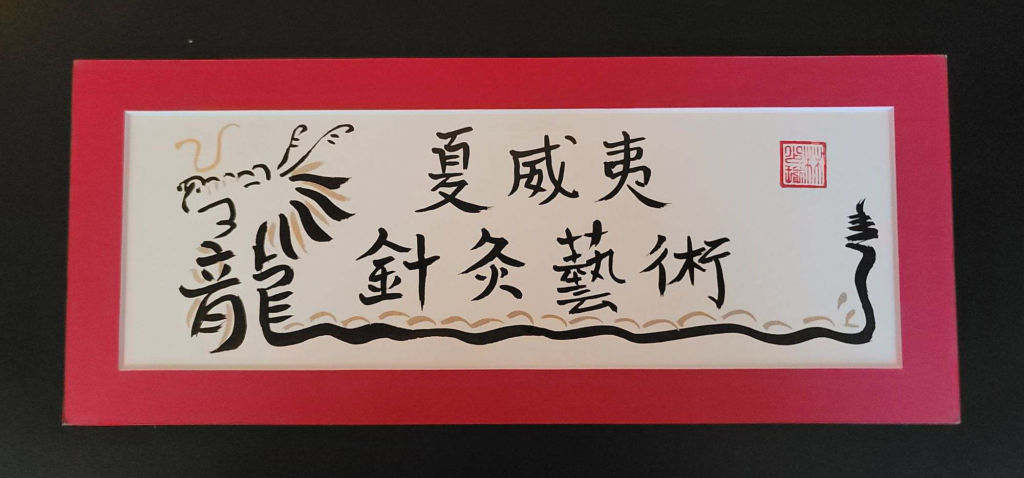
Happy Lunar New Year!
It’s the year of the Dragon and we are celebrating with a New Year Special: Receive 20% OFF Any Service / Treatment for New & Existing Patients
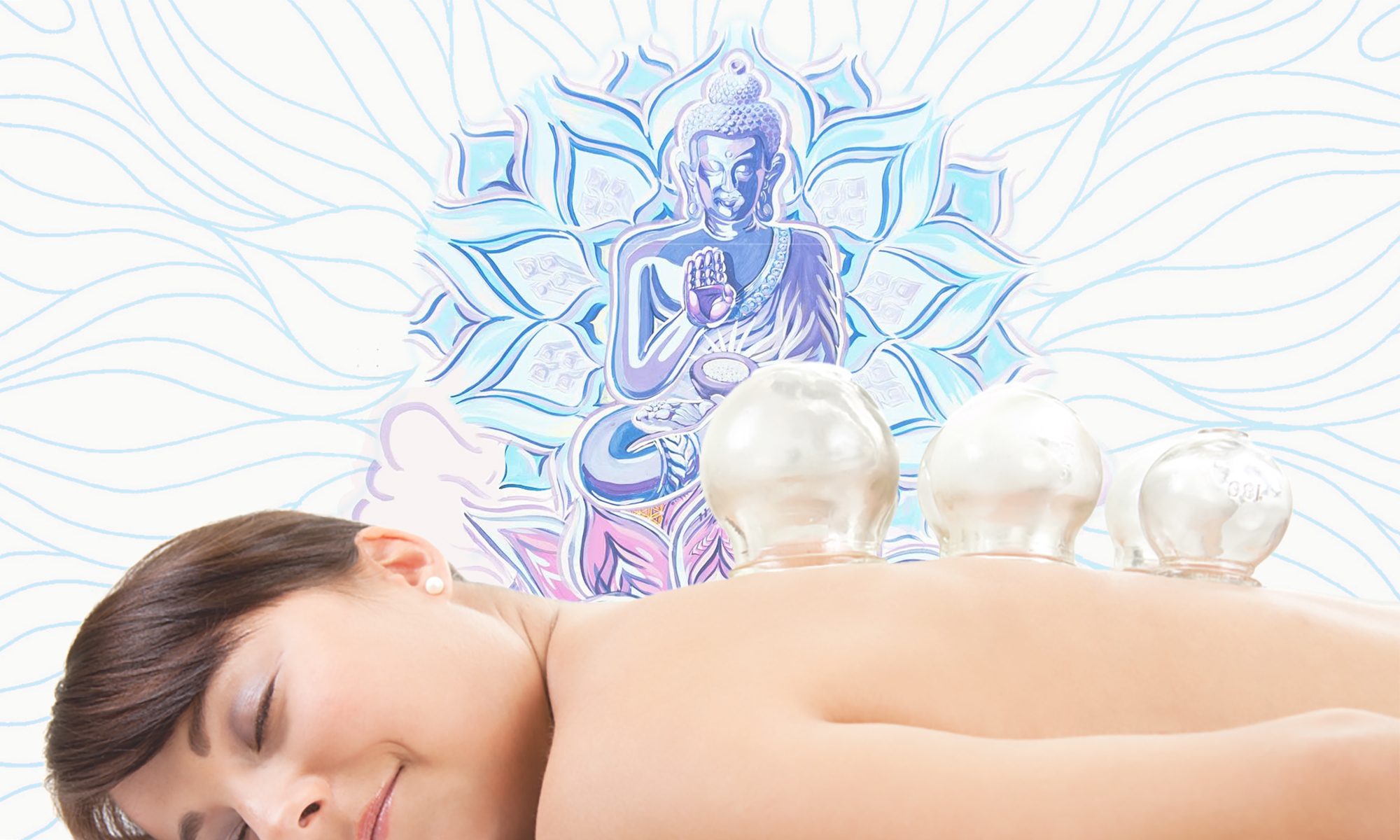
Traditional Chinese Medicine, Acupuncture & Herb Clinic | Honolulu, Hawaii
At Acupuncture Arts Hawaii we know times are hard and it’s even harder to take care of yourself in these hard times. We are now offering Free and Donation Based Community Acupuncture.
Patients sit in a room as a group and receive auricular (ear) acupuncture. Patients are asked to donate what they can. Suggested donations are $25-$50, however no patients will be turned away for not being able to pay.
Auricular acupuncture is good for conditions like Addiction, PTSD, Stress, Anxiety, High Blood Pressure, Mental Health and Insomnia. Sessions are 45minutes to 1 Hour long.
Call to Book today: 808.781.4920
We know you’re busy and it’s hard to schedule around life. We are now offering Same Day Appointments for Acupuncture and Fire Cupping. If a patient wants to come in today, give us a call and we can get you a quality treatment today! Don’t wait 1-2 weeks for your next Acupuncture session.
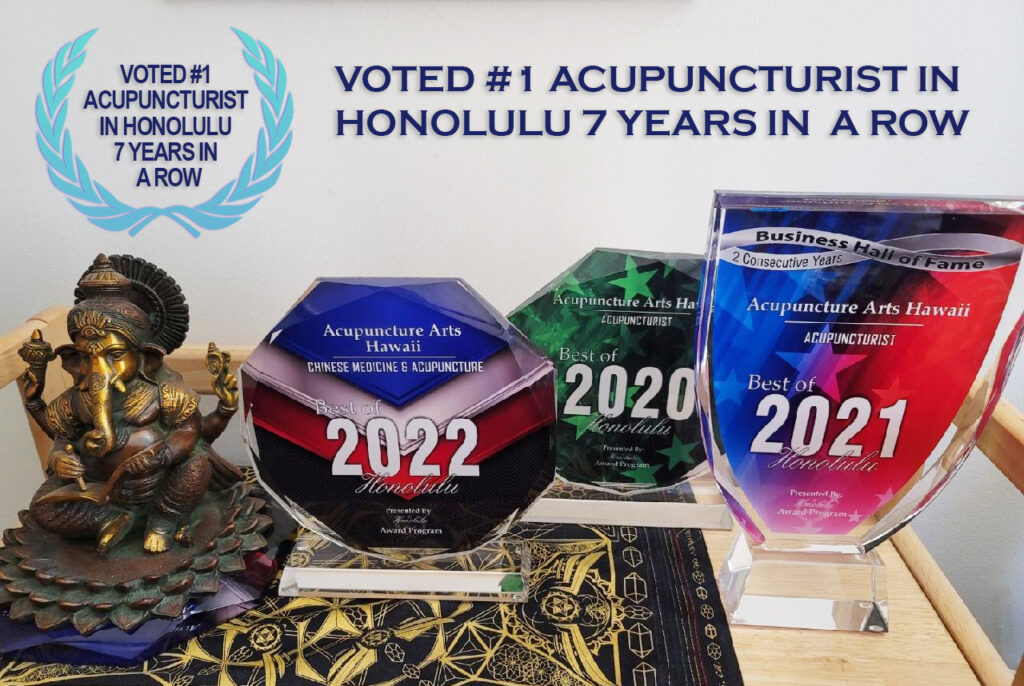
Over 50 million Americans suffer from autoimmune disease including rheumatoid arthritis, lupus, thyroid disease, Addison’s disease, pernicious anemia, celiac disease, multiple sclerosis, myasthenia gravis and Guillain-Barré syndrome. An autoimmune disease occurs when the body’s immune system attacks healthy tissue. Due to the complexity of treating autoimmune disorders, integrative medicine solutions including acupuncture and Oriental medicine have received much attention as successful treatment therapies. Acupuncture is specifically noted for its use in pain relief, regulating the immune system, managing symptoms, and improving quality of life.
What Causes Autoimmune Disease?
Under normal conditions, an immune response cannot be triggered against the cells of one’s own body. In certain cases, however, immune cells make a mistake and attack the very cells that they are meant to protect. This can lead to a variety of autoimmune diseases. They encompass a broad category of over 100 diseases in which the person’s immune system attacks his or her own cells and tissue.
The exact mechanisms causing these changes are not completely understood, but bacteria, viruses, toxins, and some drugs may play a role in triggering an autoimmune process in someone who already has a genetic (inherited) predisposition to develop such a disorder. As the disease develops, vague symptoms start to appear, such as joint and muscle pain, general muscle weakness, rashes, low-grade fever, trouble concentrating, or weight loss. Numbness and tingling in hands and feet, dry eyes, hair loss, shortness of breath, heart palpitations, or repeated miscarriages may also indicate that something is wrong with the immune system.
How Acupuncture and Oriental Medicine Treats Autoimmune Disorders
According to Oriental medicine, autoimmune disorders occur when there is an imbalance within the body. Imbalance can come from an excess or deficiency of Yin and Yang that disrupts the flow of Qi, or vital energy, through the body. Acupuncture is used to help the body restore balance, treating the root of the disorder, while specifically addressing the symptoms that are unique to each individual.
Clinical research has shown that acupuncture causes physical responses in nerve cells, the pituitary gland and parts of the brain. These responses can cause the body to release proteins, hormones and brain chemicals that control a number of bodily functions. Acupuncture affects blood pressure, body temperature and immune system by these actions.
In addition to acupuncture, a treatment program to manage your autoimmune disorder may involve a combination of therapies, including stress reducing exercises, moderate physical activity, herbal medicine, nutritional support and bodywork.
To learn more about how acupuncture can safely and effectively be incorporated into a treatment plan for an autoimmune disorder, please call for a consultation today.
Acupuncture can be an effective treatment for pain caused by systemic erythematosus lupus (SLE). These positive results were shown in the 2008 study ‘Acupuncture for Systemic Lupus Erythematosus: A pilot study RCT feasibility and safety study’ published in Sage Journals which assessed the safety and effectiveness of acupuncture as a means to treat pain associated with lupus.
At the end of the trial, 40% of the patients in both the standard acupuncture treatment group and the minimal needling group experienced an improvement in their pain levels of at least 30%. In contrast, the group that remained on their usual care plan reported no improvement in their pain levels. The study concluded that acupuncture is a valid, safe and effective method to treat pain in patients with SLE.
Source: Greco, C., A. Kao, K. Maksimowicz-McKinnon, R. Glick, M. Houze, S. Sereika, J. Balk, and S. Manzi. “Acupuncture for Systemic Lupus Erythematosus: A Pilot RCT Feasibility and Safety Study.” Lupus 17.12 (2008): 1108-116. Print.
Raynaud’s syndrome, also known as Raynaud’s disease, causes a sudden constriction of the vessels supplying blood to the skin, largely affecting the fingers and toes. The symptoms, commonly known as an attack, may be triggered by cold temperatures or emotional stress. Most cases are mild and can be treated with lifestyle changes such as wearing warm gloves and socks, and avoiding rapid temperature changes. While not life-threatening, in rare cases, when left untreated, the affected tissue may become necrotic and gangrenous.
According to a small 1997 study published in the Journal of Internal Medicine, acupuncture is effective in treating primary Raynauds syndrome. The patients that received acupuncture experienced a statistically significant decrease in the frequency, severity and duration of their vasospastic attacks. The patients in the control group showed no improvements. Researchers concluded acupuncture was safe and effective for treating the symptoms of primary Raynaud’s syndrome.
As a cold environment or object is often responsible for triggering an attack, this may indicate a Yang deficiency. When Yang energy is low, blood circulation may slow down as a result. Symptoms of Yang deficiency include feelings of cold, lower back or knee pain and a weak pulse. Treatment in this case would focus on boosting Yang energy, circulation and the immune system.
Source: http://inm.center/treating-autoimmune-diseases-with-acupuncture/
Acupuncture can relieve wrist pain, and researchers have tracked the brain and nervous system changes that may help explain why.
Scientists randomized 80 people with mild or moderate carpal tunnel syndrome — pain caused by nerve compression at the wrist — to one of three groups. The first received acupuncture at the wrist and ankle. The second got acupuncture at the wrist alone. And the third received sham acupuncture, using “fake” needles near the affected wrist, as a placebo. Using functional M.R.I. and nerve conduction tests before and after the procedures, they measured the effect on brain and nerves.
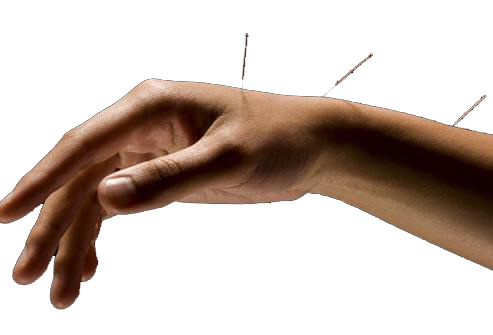 All three groups found relief from pain, but both of the true acupuncture groups showed measurable physiological improvements in pain centers in the brain and nerves, while sham acupuncture did not produce such changes. Improvement in brain measures predicted greater pain relief three months after the tests, a long-term effect that placebo did not provide. The study is in Brain.
All three groups found relief from pain, but both of the true acupuncture groups showed measurable physiological improvements in pain centers in the brain and nerves, while sham acupuncture did not produce such changes. Improvement in brain measures predicted greater pain relief three months after the tests, a long-term effect that placebo did not provide. The study is in Brain.
“What’s really interesting here is that we’re evaluating acupuncture using objective outcomes,” said the senior author, Vitaly Napadow, a researcher at Harvard. Sham acupuncture was good at relieving pain temporarily, he said, but true acupuncture had objective physiological — and enduring — effects.
“Acupuncture is a safe, low-risk, low side-effect intervention,” he continued. “It’s perfect for a first-line approach, and it’s something patients should consider before trying more invasive procedures like surgery.
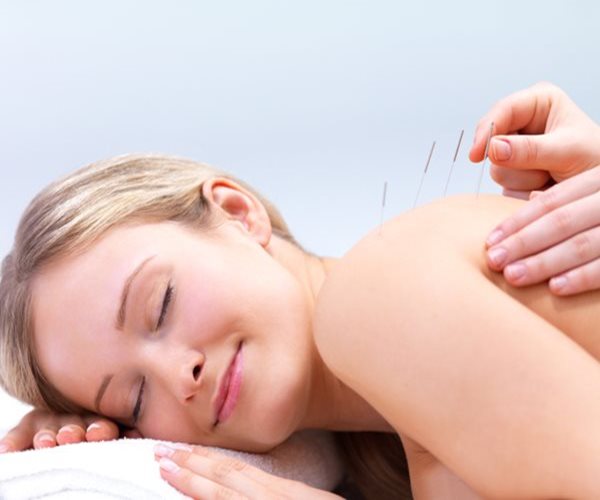 For people with a certain type of migraine headache, regular acupuncture treatments may help reduce the frequency of these debilitating attacks, a recent study from China suggests.
For people with a certain type of migraine headache, regular acupuncture treatments may help reduce the frequency of these debilitating attacks, a recent study from China suggests.
Patients who suffered migraines without aura, and who received five true acupuncture treatments per week for four consecutive weeks had about one less headache per month than similar patients who got the same number of sham acupuncture treatments, researchers report.
“Acupuncture should be considered as one option for migraine prophylaxis in light of our findings,” the authors write in JAMA Internal Medicine.
About 18 percent of women and 6 percent of men in the U.S. suffer from migraine headaches in a given year, according to a 2001 study, making the condition a leading cause of disability.
Acupuncture is commonly used to treat migraines in China, however, studies of whether it works for migraine prevention have been inconsistent, the study team notes.
Ling Zhao of Chengdu University of Traditional Chinese Medicine in Sichuan, China, and colleagues recruited 249 adults who had an average of two to eight migraines without aura per month from three clinical centers in China.
For the study, participants kept track of their migraine headache frequency and severity for four weeks before being randomly assigned to receive true acupuncture treatment, sham acupuncture treatment or to be put on a waiting list for treatment.
People in both the true and sham acupuncture groups received 20 treatments with acupuncture needles and electrical stimulation, each lasting thirty minutes.
The true acupuncture group was treated at four acupuncture points thought to affect headaches and with enough electrical stimulation to elicit a “Deqi” sensation, which includes “soreness, numbness, distention or radiation that indicated effective needling,” according to the authors.
For the sham treatment, the needles were placed in areas not known to be acupuncture points and the deqi sensation wasn’t induced.
At 16 weeks, the number of migraines reported in the true acupuncture group fell by about three attacks per month, while people in the sham acupuncture group had two fewer attacks per month.
Among the study’s limitations, about 20 percent of the participants had previous experience with acupuncture, and it’s not known how many may have been able to guess whether their treatments were real or sham.
“Placebo response is strong in migraine treatment studies, and it is possible that the Deqi sensation . . . that was elicited in the true acupuncture group could have led to a higher degree of placebo response because there was no attempt made to elicit the Deqi sensation in the sham acupuncture group,” Dr. Amy Gelfand writes in an accompanying editorial.
Gelfand, a neurologist at the University of California, San Francisco, told Reuters Health that the placebo effect is interesting and important, especially in migraine studies, but she thinks about it differently as a researcher and as a clinician.
“When I’m a researcher, placebo response is kind of a troublesome thing, because it makes it difficult to separate signal from noise,” she said. But when she’s thinking as a doctor about the patient in front of her, placebo response is welcome, Gelfand said.
“You know, what I really want is my patient to feel better, and to be improved and not be in pain. So, as long as something is safe, even if it’s working through a placebo mechanism, it may still be something that some patients might want to use,” she said.
When a patient is interested in a treatment that may have a strong placebo effect, Gelfand added, “There’s a real checklist in my head, with safety being the first thing; and if it seems like it’s safe then I think about things like cost, because often these things are not going to be covered by insurance, but to a certain extent that’s the patient’s decision; and I think about time, because these treatments can be time-consuming.”
It’s a good idea to keep your doctor informed of any treatments that you’re using, be they over-the-counter supplements or non-pharmacologic behavioral treatments, she said.
“I think that that’s part of the picture, and as a provider, I like to know about all of those things. If for no other reason than it just helps me understand what kind of treatments my patient values and is looking for,” Gelfand said.
http://www.newsmax.com/t/health/article/775313?ns_mail_uid=58186744&ns_mail_job=1714212_02262017&s=al&dkt_nbr=ydnurkei%C2%A7ion&keywords=acupuncture-prevent-migraines&year=2017&month=02&date=23&id=775313&aliaspath=%2FHealth%2FArticle%2FArticleTemplate&oref=news.newsmax.com